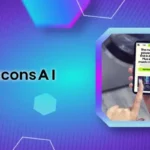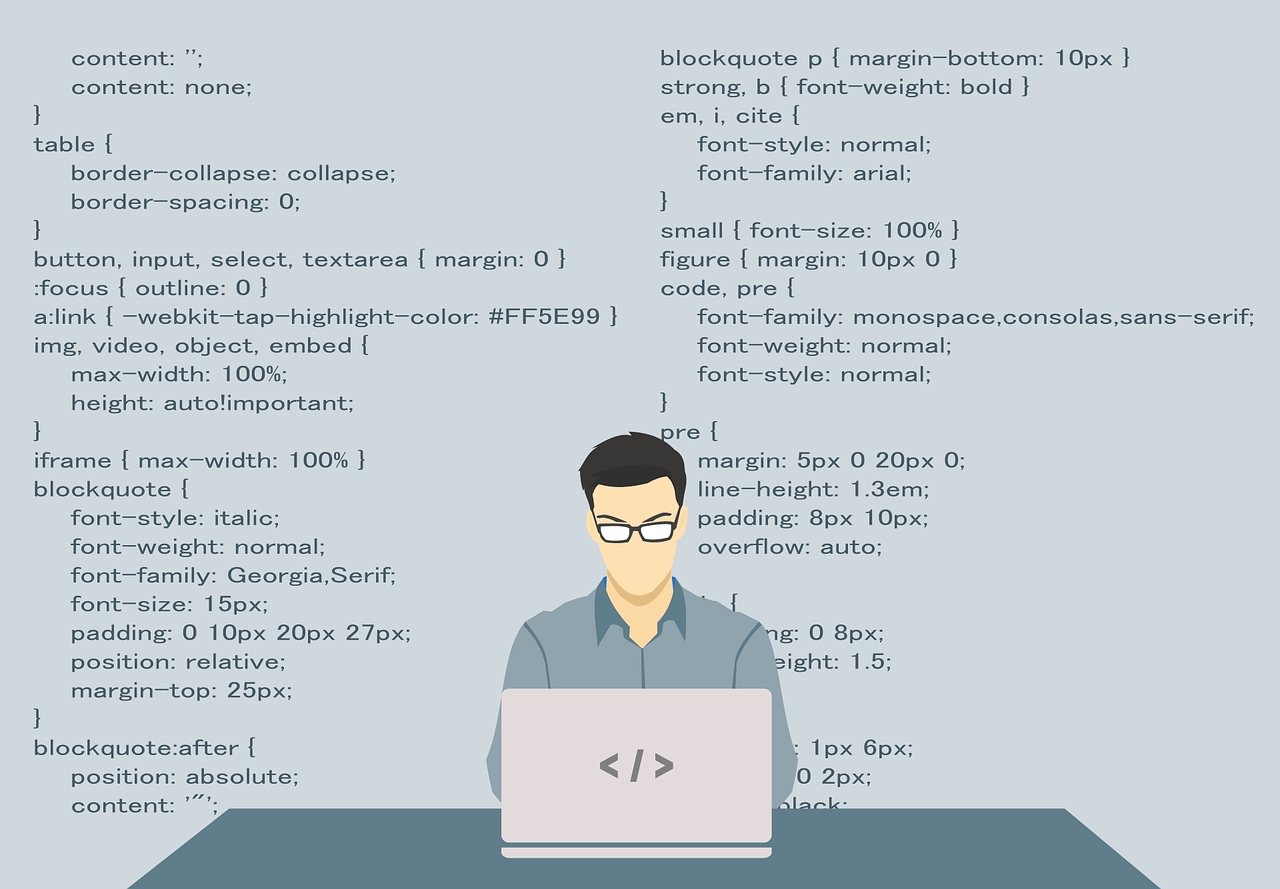Generally speaking, in this field of technology, the terms “coding” and “programming” are somewhat redundant. There is more to it than that. For beginners and veterans alike, knowing the distinction between coding and programming makes mastering technical skills that much easier. So, in this article, let’s break down exactly what it means to code, how coding differs from programming, and delve into the numerous skills-technical and soft-that are needed to master this field.
1. What is Coding?
Table of Contents
Toggle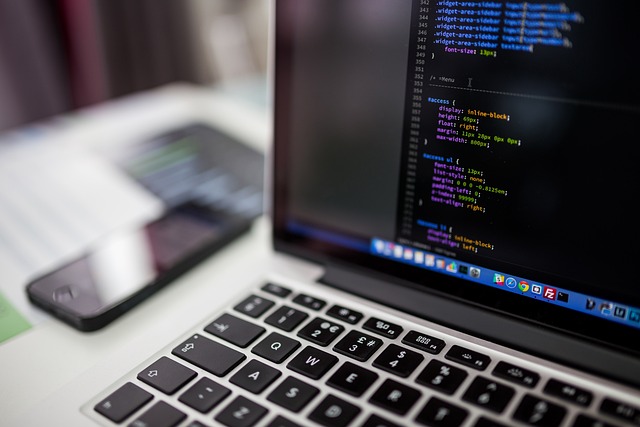
Coding is translated language into machine-readable format; in other words, it is putting instructions in such a way that a computer can perform a given task. Instructions are written by using coding languages, which include HTML, CSS, JavaScript, Python, etc.
The crux of coding lies in the syntax and structure of the languages. To be a coder, one needs to write error-free code for some task. Coding forms the basic foundation of web development, software development, and other such tech-related fields.
2. What is Programming?
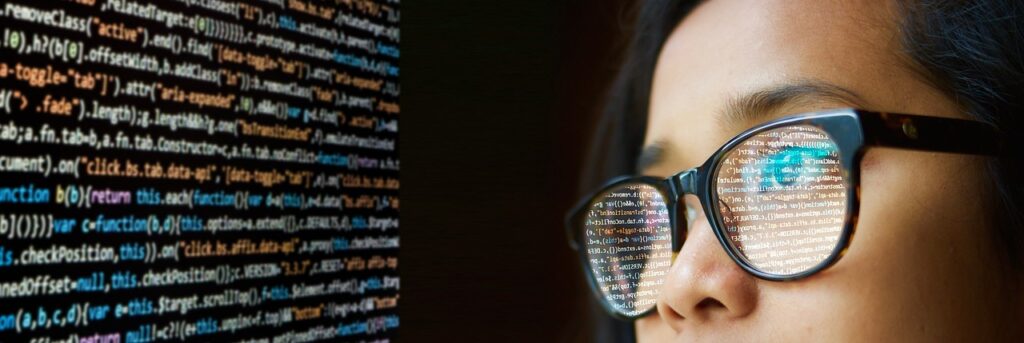
Programming is an advance on coding. While coding makes instructions for the computer, programming does much more than that. It involves planning, designing, testing and maintaining code to make functional software systems. In other words, programming is an entire process that starts with an idea of creating a working application or system from first thought to the final product.
The software solves real-world problems with the help of programming languages like Java, C++, and Python. Many developers are involved in writing code, designing algorithms, debugging errors, and managing system updates.
3. Coding vs Programming
What Sets Them Apart?
Whereas these two concepts are closely related, they are different in their sense. Coding can be seen as part of programming and refers to writing code that the machine can execute. In contrast, programming is a much broader process which would include the solving of problems, the designing of algorithms, and the management of whole software projects.
Here are a few of those differences:
- Scope: Coding is writing codes while programming is the management of the entire software development lifecycle.
- Tools: Coders essentially use text editors, but programmers normally apply integrated development environments, version control systems, and testing tools.
- Focus: While coding as a discipline deals with syntax, programming deals with logic, problem-solving, and project management.
4. Technical Skills
Regardless of coding or programming, everyone needs to know the following technical skills:
- Problem-solving: The ability to break down a problem and then solve it with code.
- Algorithm development: This involved developing viable and logical sequences of steps intended for the possible achievement of a predetermined result.
- Debugging: Identifying and solving problems in the code.
- Version control: These are tools, like Git, that help programmers and coders keep a record of the changes made in the code over time.
5. What Does a Coder Do?
A coder is supposed to write and test code. Their day-to-day activities will include the following;
- Writing clean, efficient code.
- Testing and debugging so that it works properly.
- Work with designers and developers.
- Use tools like text editors and code repositories.
Coder works on small parts of a project and ensures that code written by them is meaningful in terms of specific functional requirements.
6. What Does a Programmer Do?
A programmer will often do more than write code. This includes
- Designing complex algorithms and implementing them.
- This is designing the overall architecture of the entire software system.
- Testing the application for complex issues and debugging.
- Working with different stakeholders to deliver a complete product.
7. Coding in ICT Courses
Information and communication technology courses tend to require coding as one of its major course components. High-level students might be required to learn a professional programming language or more, work on a project, and particularly, develop their programming skills.
8. Technical Skills vs Functional Skills
Technical skills and functional skills have to be in the right balance in this world of technology. Technical skills are skills needed in the hands-on, specialized knowledge about the specific task to be performed, such as:
- Coding languages (like Python or JavaScript)
- Software development tools and platforms
- Problem-solving and algorithm design
- Debugging and Troubleshooting
On the other hand, the way you use these technical skills to achieve business objectives is known as functional skills. For example, a developer would need proficient technical skills in
It would call for coding, but the functional skills would encompass managing a project or communicating effectively with stakeholders.
Differences:
- Technical skills are job-specific and measurable, as illustrated in the example, knowing how to write a Java program.
- Functional skills refer to the soft skills, describing how technical work is to be performed within an organization, such as how a team of coders is managed.
9. Soft Skills vs Hard Skills
The difference really comes out when comparing the soft and hard skills. Although you need both to be successful in a tech job, the balance of things would depend on the specific job.
- Soft skills describe skills associated with the nature of interpersonal interaction between fellow humans. The most relevant ones among them include communication, teamwork, and problem-solving skills. Such skills are pretty essential in effective team collaboration and presenting purely technical ideas to nontechnical stakeholders.
- Hard skills are technical skills unique to the job. For example of a person who works with coding and programming, these would include writing code, using development tools, and knowledge of programming languages.
Example: A programmer needs to be able to debug the code (“hard skill”), but also a person who co-operates well within a group of developers, must finish a project on time (“soft skill”).
10. Learning to Code: A Beginner’s Guide
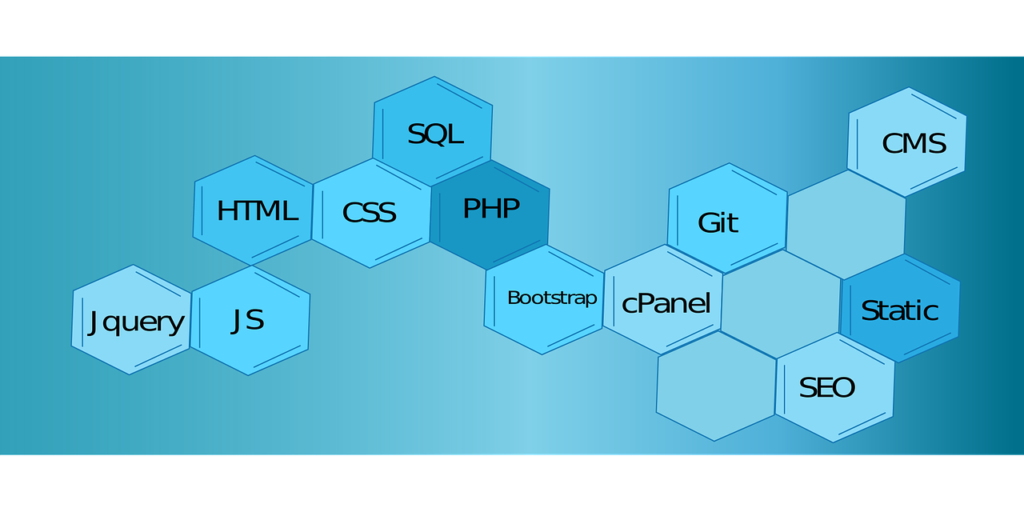
If you are new to the tech world and want to learn coding, here’s a basic roadmap to get you started:
- Choose a language: You could start with beginner-friendly languages like Python or JavaScript.
- Use online resources: Platforms that exist include Codecademy, freeCodeCamp, and Coursera – all offer coding tutorials and exercises.
- Practice regularly: While virtually any other skill develops from practice, coding is unique in that it grows with practice. So set aside at least an hour a day for writing and debugging code.
- Join a community: Participate in coding forums such as Stack Overflow to ask questions and learn from experienced coders.
- Work on projects: Create real-world projects to apply what you’ve learned and build a portfolio.
Resources to Learn to Code
- freeCodeCamp: Free, interactive coding lessons in many programming languages.
- Codecademy: Online lessons teaching programming for real-world use.
- GitHub: Use version control and collaborate on projects with other developers.
11. Learning to Program: A Beginner’s Guide
Learning to code is more than learning how to write programs. It requires a good understanding of reasoning, problem-solving, and how to design algorithms.
- Know the basics: This is especially on logic, algorithms, and data structures before stepping into complex languages like C++ or Java
- Learn different programming paradigms: Object-oriented, functional, and procedural programming.
- Familiarize yourself with an IDE like Visual Studio Code. Learn to use a version control system like Git.
- Work on collaborative projects, e.g., by joining a programming group or the open-source project of your choice to actually build real-world applications.
- Understand the lifecycle of software: Programming is not only about writing code but rather planning, testing, and maintaining software over time.
Best Platforms for Learning Programming:
- Coursera: Lectures from Top Universities, Specialization in Programming Languages and Software Development.
- HackerRank: Practice, learn, and compete in coding challenges with developers around the world.
- LeetCode: Good to practice algorithm skills and get prepared for technical round interviews.
12. Coding Languages Overview
There are distinct coding languages used for various purposes, so that the right one to select depends on what you want to achieve.
- A very flexible language, Python is suitable for beginners. Development in Python can be used for web development, data analysis, AI, and other processes.
- JavaScript: Absolutely essential to web development, because that’s the only way you can make an interactive website.
- Not actually programming languages per se, HTML and CSS are, however, indispensable to front-end development because they will enable you to markup and style web pages in basic HTML/CSS.
Which language should you begin with? If you are in love with web development, then begin with JavaScript and HTML/CSS. In case you enjoy general-purpose programming or work on data science projects, then Python is the best one for you.
13. Programming Languages Overview
Contrasting coding languages, programming languages are more robust and mainly applied in big-scale development of software. Some of the popular programming languages include:
- Java is used to build Android apps, large-scale enterprise applications, and web services.
- C++: It is known for high-performance applications and thus is used in game development and systems programming.
- Ruby: This high-level language, primarily used for web applications, features a highly readable syntax and forms the basis of the web application framework Ruby on Rails.
That is, every language has its strength and weakness, so one must target the right language that suits his goals and projects.
What is the difference between coding and programming?
Coding is the art of writing instructions in a machine-readable language; programming is a process of designing and building a working system based on the use of code.
Which is harder, coding or programming?
Programming is more challenging because it involves not just writing code but also planning, debugging, and maintaining systems of software.
Can I learn coding without a degree?
Yes! Many coders are self-taught, taking advantage of online resources, practice projects, and coding boot camps instead of pursuing a four-year degree.
What’s the best language to start coding with?
Python is recommended much these days to beginners due to its simple syntax and versatility and even possible use in web development, data science, etc
How long does it take to become proficient in coding?
This will depend on how many hours you put into studying. If you have, say, two hours per day, within six months to one year, you could be pretty good with the basics.
Do I need soft skills as a coder or programmer?
Absolutely. Even for highly technical roles, there is still a need for soft skills like communication, teamwork, and problem-solving when working together with other team members and stakeholders.
Conclusion
It is more than just a terminological question to be clear on coding vs programming. Coding refers to the act of writing instructions that can be run by machines, whilst programming refers to the general process of developing software which solves real-world problems. Both require very high technical skills and bring demands for soft skills like communicating, problem-solving, among others. At FutureForge, mastering acquisition of coding and programming techniques is held to be a critical building block in the tech industry, particularly at a time when technological evolution and growth seem to run rife.
FutureForge is friendly for beginners for building base foundations on coding. Then, as a level of proficiency is gained, more knowledge in programming concepts may be accrued. Such would be the pathway to lifelong learning and eventually solving problems-qualifying in becoming a rich programmer ready to face the digital age challenges.





